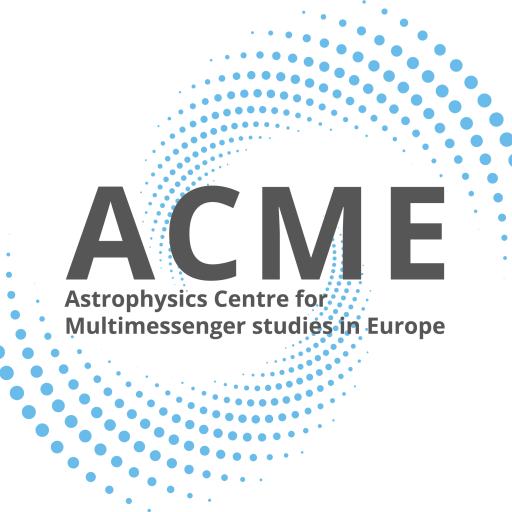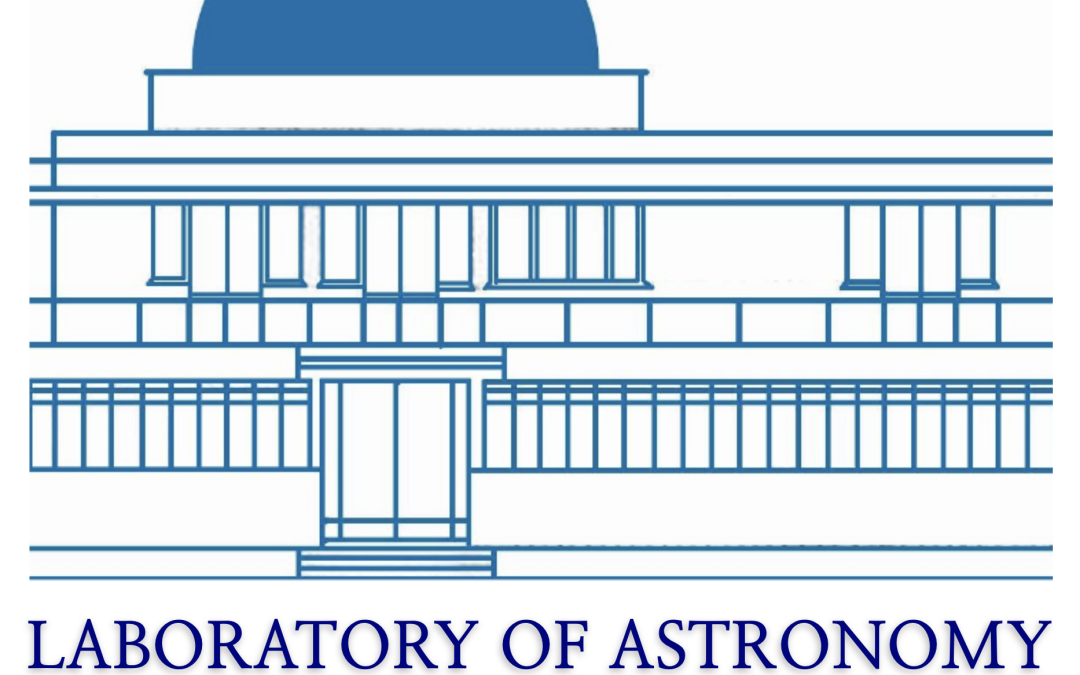The Laboratory of Astronomy at the Aristotle University of Thessaloniki (AUTh), a research unit of the Department of Physics, was founded in 1943, and is a leading center for astronomical research and education in Greece. It focuses on areas like general relativity, astrophysics, cosmology, radioastronomy, astrochemistry, exoplanetary atmospheres, and observational astronomy. The facility houses a refracting telescope, and the infrastructure includes several robotic telescopes at nearby locations and in Cyprus (in collaboration with the Laboratory for Astrodynamics and Theoretical Mechanics). The Laboratory plays a key role in education, offering a large number of astronomy courses in both undergraduate and MSc programs. Members of the Laboratory participate in the Virgo Collaboration, the LISA Consortium, the Einstein Telescope, the TVLBAI study, and EHT Next, and are engaged in gravitational-wave observations, the modeling of binary neutron star mergers, data analysis using deep learning methods and simulations of black holes. In addition, there is participation in the Ariel mission and access to space-based telescopes, such as JWST.
Main contact for TNA call: Nikolaos Stergioulas
Available expertise
The Laboratory of Astronomy at AUTh is engaged in data analysis for gravitational wave astronomy. Within the ACME project, we provide expertise on:
- detecting gravitational waves in LIGO and Virgo data using deep learning methods,
- applying Bayesian parameter estimation methods using hyperbolic likelihoods,
- constructing global-fit pipelines for space-based detectors,
- constructing numerical models of neutron stars in general relativity and alternative theories of gravity,
- simulating and analyzing the post-merger phase of binary-neutron star mergers.
The AUTh group is experienced in providing training on ML methods for gravitational wave astronomy – they were local organizers of the 4th G2Net Traning School.
Available tools
AresGW: A gravitational-wave detection code using deep learning methods (1D ResNets). It has been verified against previously published results and has led to several new gravitational-wave candidates found in O3 data. Repository: https://github.com/vivinousi/gw-detection-deep-learning
ERYN: An advanced MCMC sampler with the capability to run with parallel tempering, multiple model types, and unknown counts within each model type using Reversible Jump MCMC techniques. One of the main applications is parameter estimation for gravitational wave sources. Repository: https://github.com/mikekatz04/Eryn
GWG: A code for estimating the confusion noise signal from gravitational waves emitted by compact Galactic Binaries, as measured by LISA. Repository: https://gitlab.in2p3.fr/Nikos/gwg
RNS: The most widely used public-domain code for computing the properties of rapidly rotating neutron stars using tabulated equations of state. Advanced versions of the code include differential rotation, multipole moments, and alternative theories of gravity. Repository of public domain version: https://github.com/cgca/rns
UNIVERSAL RELATIONS: Codes that use machine learning to construct universal relations for rotating neutron stars. Repositories: https://github.com/gregoryPapi/UR-for-rotating-NS-using-ML- and https://github.com/gregoryPapi/Universal-description-of-the-NS-surface-using-ML
Tutorials:
- Deep Learning for Gravitational Wave detection
- AresGW code tutorials
- Eryn code tutorial
- RNS code tutorial
- Surrogate models for Gravitational Wave Astronomy
- Bayesian parameter estimation for Gravitational Wave Astronomy
- Numerical models of neutron stars in GR and alternative theories
- Emission of gravitational waves in the post-merger phase of binary neutron star mergers
Involved scientists







